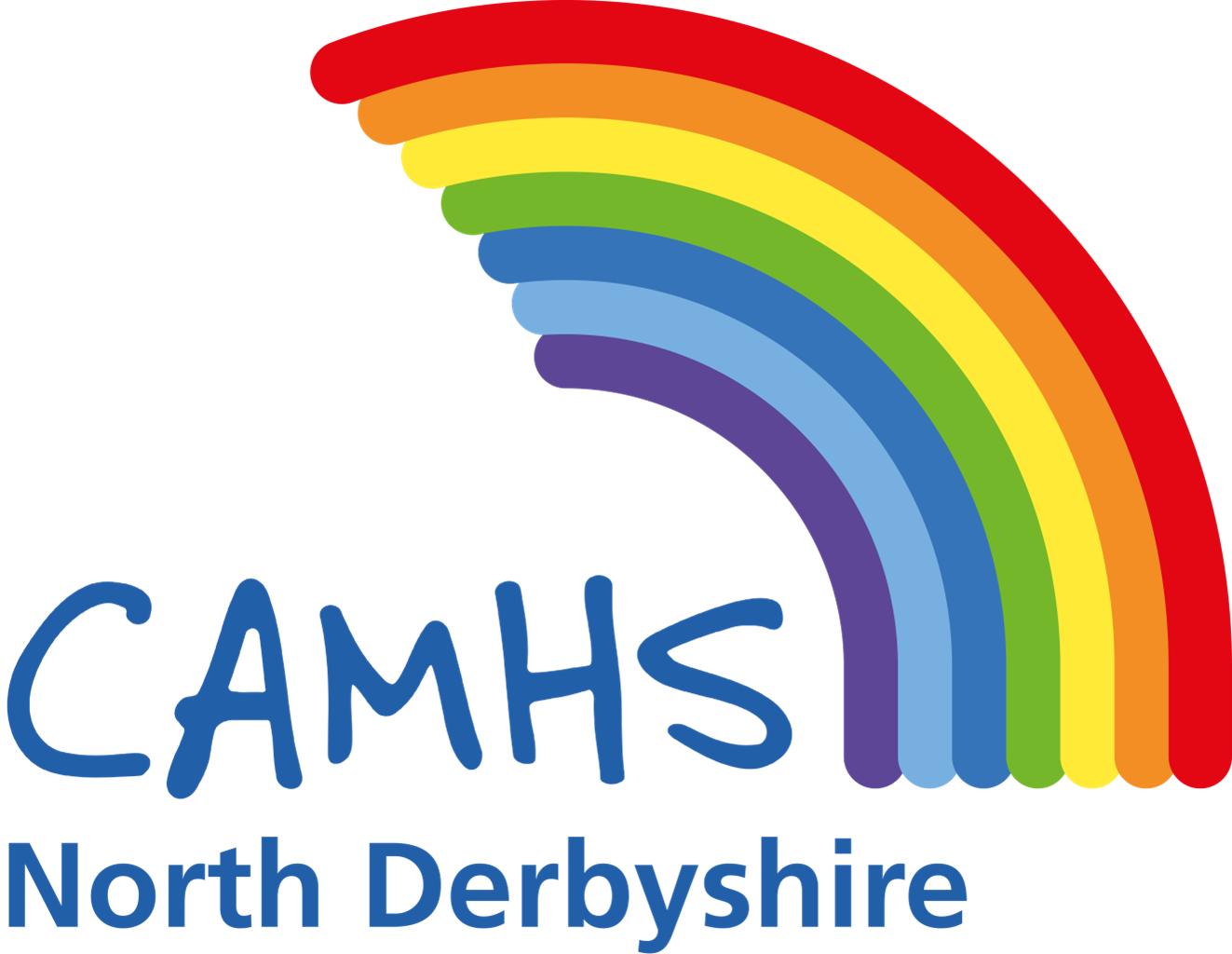learning disabilities
Learning Disabilities (LD) CAMHS Team
Who we are
We work with children/young people aged 0–18, with a moderate to severe learning disability, who have a North Derbyshire GP. You can ask for a referral through your GP, school, social worker or an NHS professional.
What we offer
We work with young people and their family at home, in school, and other places that are important for them to access, by spending time with them and talking with their family about their mental health and behaviours that challenge/distressed behaviour.
We help to think about what might be leading to behaviours that challenge and what keeps them going; sometimes the thing that started them is not the thing that keeps them going.
We also gather information from other professionals who know the young person well.
Using an approach called ‘Positive Behaviour Support’ or ‘PBS’, we then work together to develop our understanding of the young person and consider what we can do to reduce the behaviours that challenge/distress and improve quality of life.
The work we offer may include teaching alternative coping strategies, supporting communication and, most commonly, looking at the young person’s environment and how this can be managed.
We may offer 1:1 time with the young person and their family and sometimes a psychiatrist may consider if medication would help a young person’s mental health.
We work closely with the family/carers and the young person. We also work regularly with schools and other professionals, and have good links with the local Special Schools.
What to expect
Appointments can vary between 45–60 minutes and can be at the young person’s home/school/clinic, depending on the individual need of the young person. Sometimes we’ll ask to see the young person separately or with the family, sometimes we’ll ask to see parents/carers alone. We will talk with other people who are relevant to the young person, like a teacher or social worker.
We will ask parents/carers to commit to attending regular appointments, where we will work together on specific goals agreed in the first session. The young person and/or their parents/carers will be asked to sign a consent form for information sharing agreements. We will provide a plan of the care we are offering, and we will always act to safeguard a young person. We will also develop a ‘How to Help Plan’ (a Positive Behaviour Support Plan) for each young person, to support others to understand their needs.
We will be open and honest with you about what our service can and can not offer in support of mental health and behaviours that challenge/distressed behaviour.
What is PBS?
PBS is the preferred framework for understanding and supporting behaviours that challenge / distressed behaviours in young people with a learning disability.
PBS is based on the beliefs that all behaviour happens for a reason, and that behaviour can change. It aims to:
- Reduce anxiety and stress for the young person and their family, for instance by looking at environmental changes
- Enhance quality of life for the young people and their family
- Provide skills to help the young person meet their needs (this is also reflected in adapted CBT work)
- Give families, and the wider system, skills and strategies to support the young person
PBS is values-based and does not use punishment or aversive approaches. As with any intervention, PBS requires commitment and time to promote a positive behaviour change.
What does PBS look like?
1) Assessment of the behaviour (called ‘functional assessment’)
Like going to the GP, we will ask lots of questions about the young person’s strengths and difficulties, and the triggers and functions for their behaviour. This helps us determine which support strategies will be useful, so that we can offer advice tailored to the individual.
2) Understanding of the behaviour
Based on the idea that ‘all behaviour happens for a reason’, the functional assessment helps us develop an understanding of why the behaviour occurs, what maintains the behaviour, and the pattern of behaviour over time.
3) Development of LD CAMHS ‘How to help plan’ (PBS plan)
In PBS, support strategies are organised into three phases (colour coded like traffic lights). They map onto the emotional arousal scale above. We will work with you to develop a plan which includes the strategies below:
Primary strategies – aimed at preventing the onset of behaviours that challenge
Secondary strategies – aimed at preventing the escalation of behaviours that challenge following a trigger
Reactive strategies – aimed at stopping / reducing behaviours that challenge when it is occurring
How can I find out more?
We have lots of useful information on our CAMHS website, including short webinars which introduce PBS and explain how to use it:
https://www.camhsnorthderbyshire.nhs.uk/helpful-videos-positive-behaviour-support-pbs
Also, a series of videos and leaflets called ‘Skills for Life’, which help young people with learning disabilities and/or who are autistic learn key skills like waiting, and accepting no:
https://www.camhsnorthderbyshire.nhs.uk/helpful-videos-skills-for-life

